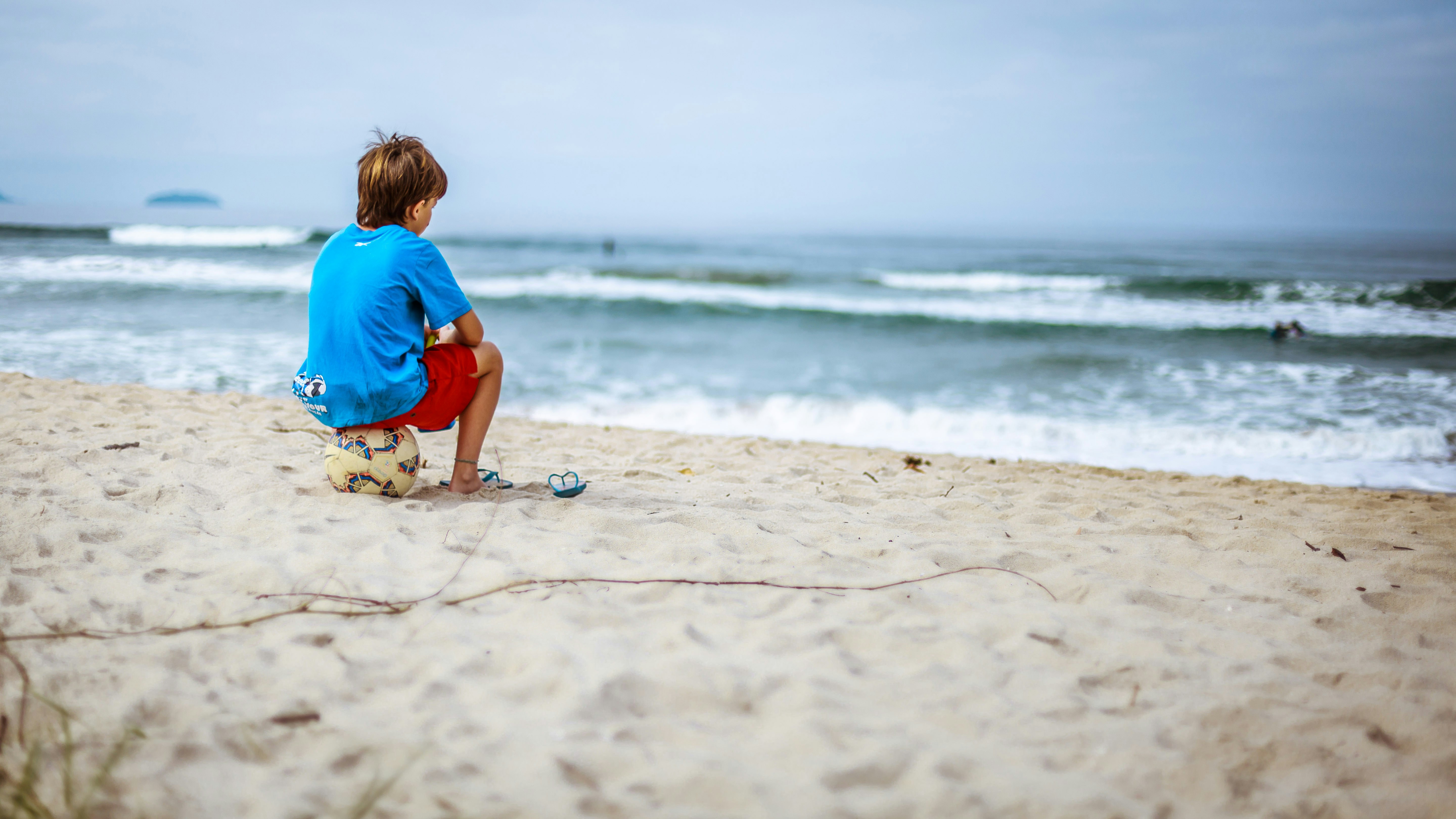My upbringing was more traumatic than usual for white, affluent, cisgender male children. The trauma and its effects spurred me to make sense of Life, which contributed to my love of biology. The details no longer seem as important as they once did, but in case you’re interested, here are some of my formative experiences:
Difficulties:
- My mother became depressed after my birth.
- When I was 3, she was sexually assaulted, which deepened her depression.
- My parents divorced when I was 4.
- From then until her death, my mother was frequently hospitalized for depression.
- In a cold winter after the divorce, I contracted pneumonia and spent weeks in a pediatric ward, under an oxygen tent.
- When I was 5, my mother moved us to the city where her parents lived. Thus began a pattern of annual relocations that continued until I left home at age 16.
- My mother died of suicide when I was 6.
- My father moved me and my older sister in with him and the woman he’d married not long after my parents’ divorce. This stepmother did not want us in her house. She lacked empathy and abused us in cold, calculated ways.
- My sister suffered a psychotic break when I was 11.
- My father, stepmother, and sister used alcohol and other substances addictively.
- After my sister graduated from high school when I was 12, my father and stepmother hosted group sex parties in our home.
- My stepmother sexualized her abuse of me as I entered puberty, confusing both my sense of gender identity and my romantic desires.
- I was a shy, anxious kid with ADHD and prosopagnosia. Friendships never came easily to me, so I tended to isolate.
- Because of the difficulties above—and the fact my stepmother banned me from her house on school day afternoons—I spent much of my boyhood alone and outdoors.
- By age 14, I was smoking pot daily while drinking and using other drugs several times a week.
- In high school, I acted out and was arrested several times.
Advantages:
- The privileges afforded by my race, gender, and socioeconomic class.
- Proximity to nature.
- High quality schools.
- A father who modeled good intellectual habits.
- Lots of freedom and autonomy.
- Exposure to diverse viewpoints, lifestyles, and ethnicities.
- Witnessing familial substance abuse, which later helped me recognize and address my own addictions.

